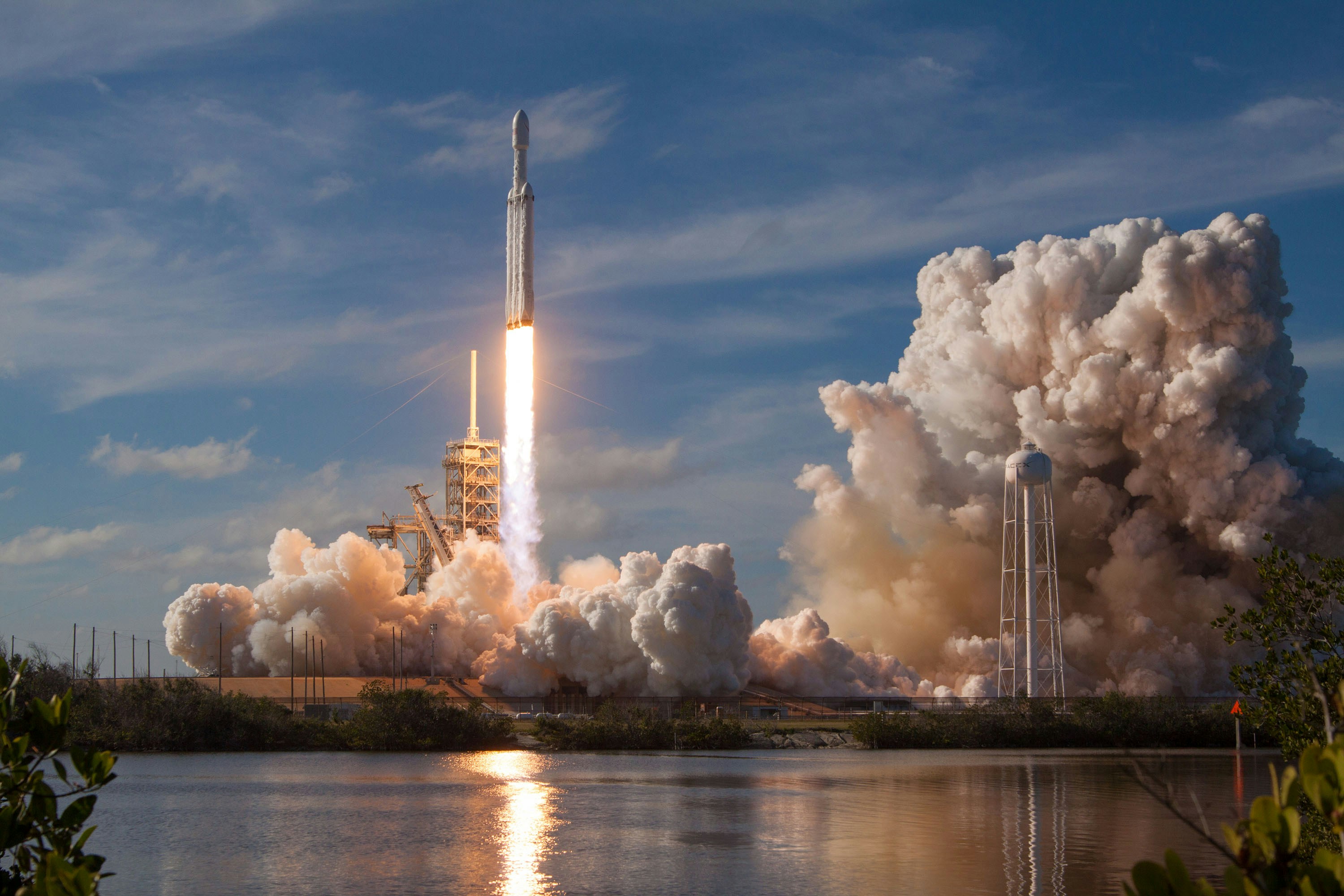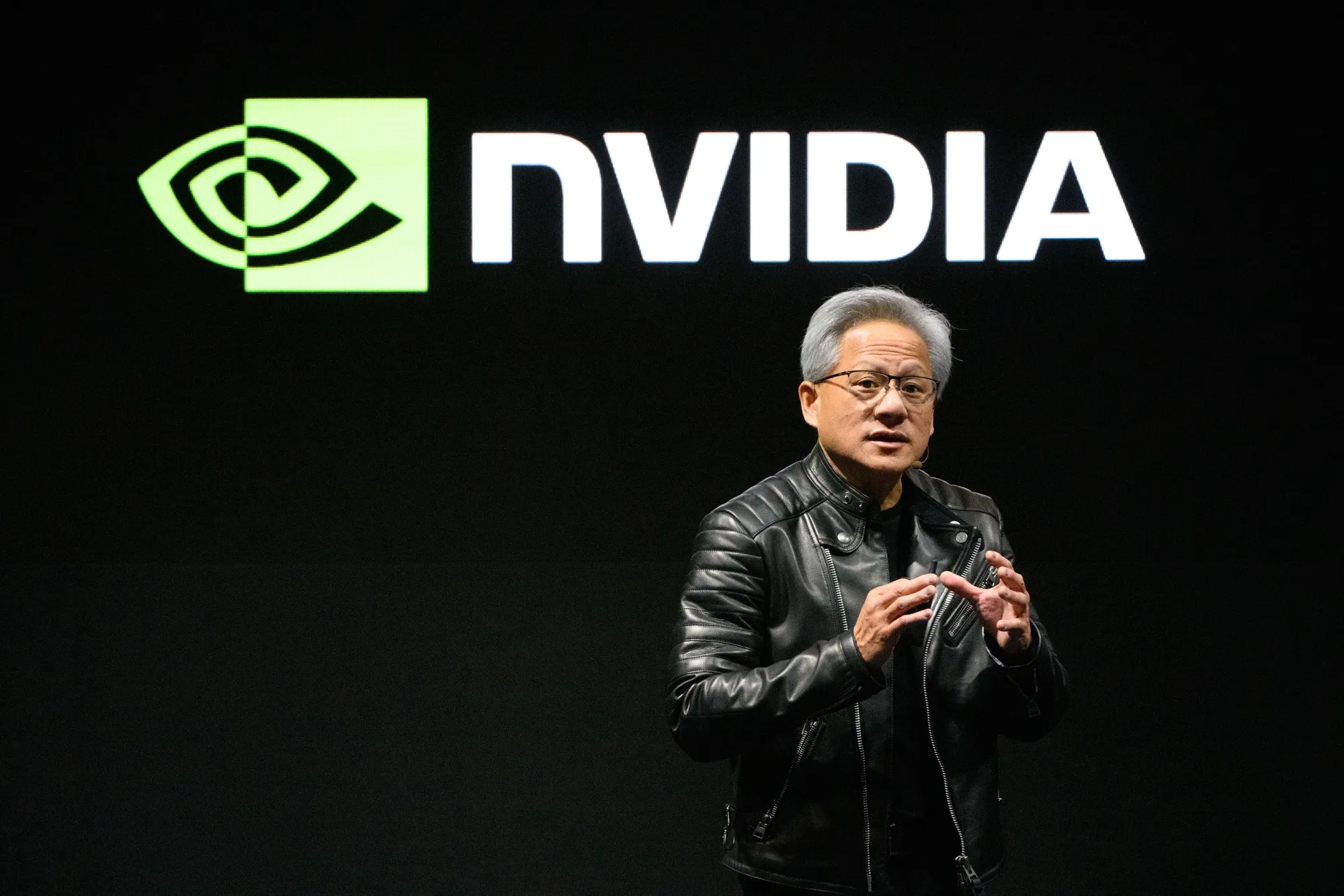Artificial Intelligence is not just an enabler of modern warfare, it is the new frontier of military dominance. From autonomous drones that think on the fly to AI-driven command centers that synthesize battlefield data in real-time, the integration of artificial intelligence into defense strategies is rewriting the rules of engagement. This technological evolution is not a distant prospect; it is unfolding now, with profound implications for global security dynamics.
Market Overview: Growth Trajectory and Investment
The global AI in defence market has witnessed significant growth and is poised for continued expansion. In 2024, the market was valued at approximately USD 9.31 billion and is projected to reach USD 19.29 billion by 2030, growing at a compound annual growth rate (CAGR) of 13.0%. This growth is driven by increased government spending on research and development of advanced AI-enabled military technologies.
Regional dynamics also play a crucial role in shaping the AI defence market. North America, particularly the United States, dominates the market with a share of 32.8% in 2024. The U.S. Department of Defense has been at the forefront of integrating AI into military operations, with companies like Palantir Technologies leading the way in providing AI-powered software solutions for data analysis and decision-making. In Europe, countries such as the UK, France, and Germany are making significant strides in AI for defence, focusing on areas like autonomous systems and cybersecurity. The Asia-Pacific region, driven by nations like China, India, Japan, and South Korea, is also rapidly expanding its AI capabilities in defence, with China leveraging its civil-military fusion strategy to integrate private sector innovations into military applications.
Technological Advancements: Key Applications of AI in Defence
AI's integration into defence is multifaceted, encompassing various applications that enhance military capabilities:
- Autonomous Systems: AI enables the development of unmanned aerial vehicles (UAVs), autonomous ground vehicles, and naval drones that can operate independently or in coordination with human forces, reducing the risk to personnel and increasing operational efficiency.
- Data Analytics and Decision Support: AI algorithms process vast amounts of data from multiple sources, providing real-time intelligence and supporting decision-making processes. This capability is crucial in modern warfare, where timely and accurate information is paramount.
- Cybersecurity: AI enhances the ability to detect and respond to cyber threats, safeguarding critical defence infrastructure from increasingly sophisticated attacks.
- Simulation and Training: AI-driven simulations provide realistic training environments for military personnel, improving preparedness and reducing training costs.
- Predictive Maintenance: AI algorithms predict equipment failures before they occur, allowing for proactive maintenance and reducing downtime.
Strategic Implications: Geopolitical Considerations and Ethical Challenges
The strategic implications of AI in defence are profound, influencing global power dynamics and raising ethical considerations:
- Geopolitical Competition: Nations are investing heavily in AI to gain a technological edge in military capabilities. The integration of AI into defence strategies is becoming a critical component of national security policies, leading to increased competition among global powers.
- Ethical Concerns: The use of AI in autonomous weapons systems raises ethical questions regarding accountability and decision-making in combat situations. Ensuring human oversight and establishing international norms and regulations are essential to address these concerns.
- Supply Chain Security: The reliance on AI technologies necessitates secure supply chains to prevent adversaries from compromising critical systems. Ensuring the integrity of AI components and software is vital for maintaining national security.
Future Outlook: Opportunities and Challenges
The future of AI in defence presents both opportunities and challenges:
Opportunities
1) Enhanced Capabilities: AI will continue to enhance the effectiveness and efficiency of military operations, providing a technological edge in various domains.
2) International Collaboration: Collaborative efforts among allied nations can lead to shared advancements in AI technologies, strengthening collective security.
3) Innovation in Defence Technologies: Ongoing research and development will lead to innovative AI applications, further transforming defence capabilities.
Challenges
1) Regulatory Frameworks: Developing international regulations and standards for the use of AI in defence is crucial to prevent misuse and ensure ethical applications
(2) Integration with Legacy Systems: Integrating AI technologies with existing military infrastructure poses technical challenges that need to be addressed.
(3) Managing public perception and addressing concerns about the militarization of AI are essential for maintaining societal trust.
Public Perception
Artificial Intelligence is set to redefine the future of defence, offering unprecedented capabilities and strategic advantages. As nations continue to invest in AI technologies, the global defence landscape will evolve, presenting new opportunities and challenges. It is imperative for policymakers, military leaders, and technologists to collaborate in harnessing the potential of AI while addressing the associated ethical and security concerns. The trajectory of AI in defence will significantly shape the security paradigms of the 21st century.
Artificial Intelligence is set to redefine the future of defence, offering unprecedented capabilities and strategic advantages. As nations continue to invest in AI technologies, the global defence landscape will evolve, presenting new opportunities and challenges. It is imperative for policymakers, military leaders, and technologists to collaborate in harnessing the potential of AI while addressing the associated ethical and security concerns. The trajectory of AI in defence will significantly shape the security paradigms of the 21st century.



